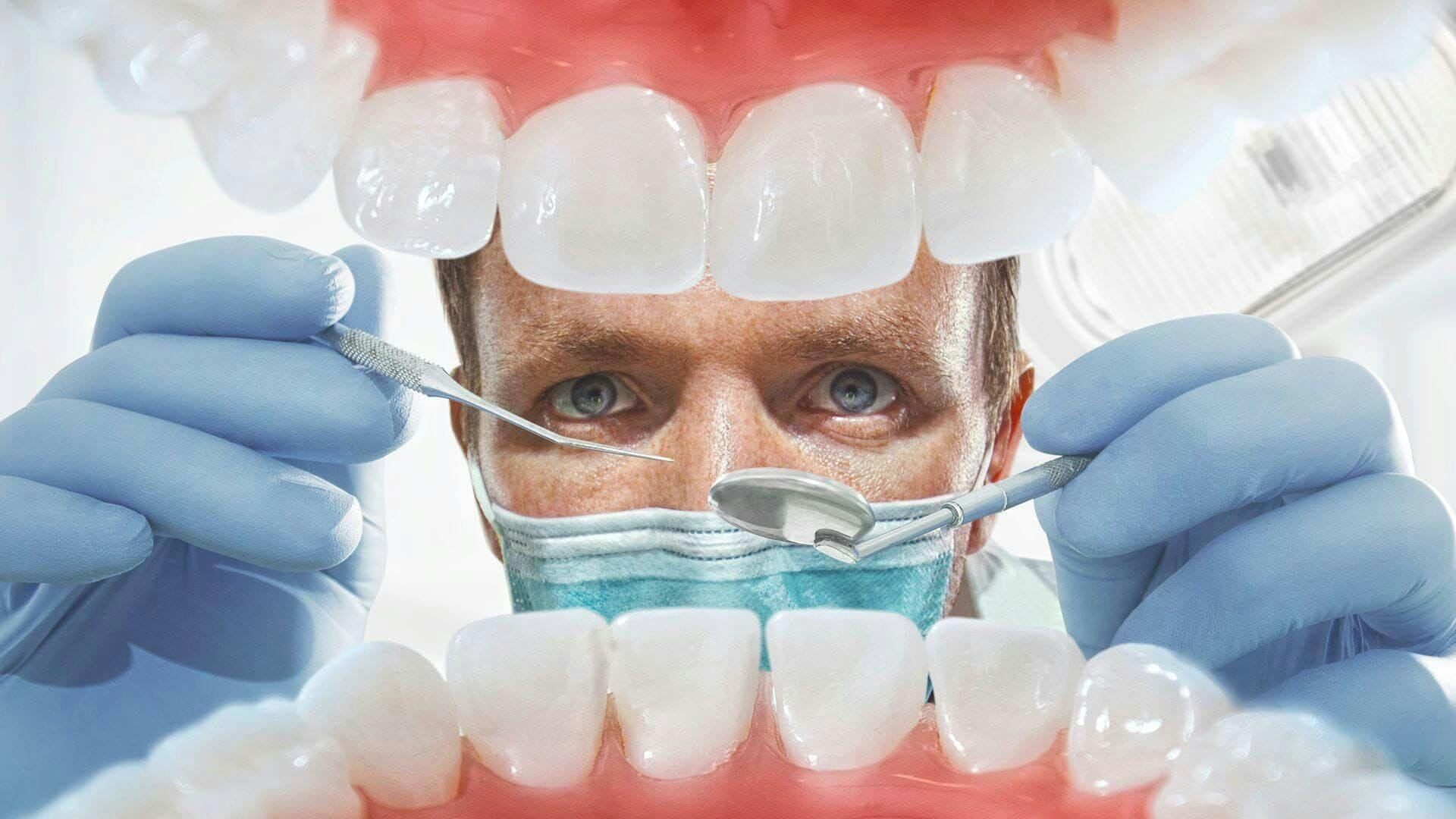The Advantages of Regular Appointments to a Dentist Eugene Oregon
The Advantages of Regular Appointments to a Dentist Eugene Oregon
Blog Article
An Overview to Usual Oral Conditions That Need a Dental expert's Treatment
Comprehending the variety of oral problems that require specialist treatment is paramount for preserving optimum oral health. Toothaches, for instance, can be symptomatic of serious concerns such as dental caries, broken teeth, or abscesses, each calling for particular treatments like dental fillings or origin canals. Periodontal disease, from the very early stages of gingivitis to more severe periodontitis, highlights the value of normal oral check-ups and cleansings. Affected wisdom teeth and jaw conditions can introduce significant pain and complications. Making sure prompt visits to the dental professional can mitigate these issues successfully, but what specifically are the indications and treatments included?
Toothaches
Toothaches are an usual oral problem that can range from light discomfort to extreme pain, usually indicating an underlying issue that calls for specialist interest. This pain can come from a range of resources, consisting of oral tooth cavities, fractured or fractured teeth, and oral abscesses. Each of these conditions poses substantial risks if left unattended, potentially causing much more serious issues.
Oral tooth cavities, likewise known as cavities, are triggered by the accumulation of plaque that erodes tooth enamel, leading to openings or pits in the impacted teeth. Abscesses are uncomfortable infections at the root of a tooth or between the gum and a tooth, commonly resulting from serious decay or without treatment tooth cavities.
Efficient therapy of toothaches entails addressing the origin. This may consist of fillings for dental caries, crowns for broken teeth, or origin canals and anti-biotics for abscesses. Very early treatment by a dental specialist can stop further deterioration and relieve discomfort, ensuring optimal oral health.
Gum Tissue Illness
Gum tissue illness, a prevalent yet usually overlooked dental condition, materializes via swelling and infection of the gums and supporting tissues. If left unattended, gingivitis can proceed to periodontitis, a much more extreme form identified by the devastation of the supporting bone and connective tissue, inevitably leading to tooth loss.
The key root cause of periodontal condition is bacterial plaque, a sticky, colorless movie that frequently forms on teeth. Poor dental hygiene, smoking, hereditary predisposition, and certain medical problems, such as diabetic issues, can worsen the risk of developing periodontal disease. Normal dental examinations are important for very early discovery and monitoring of this problem.
Treatment for gum disease varies from expert oral cleaning and scaling to more sophisticated procedures like root planing and gum surgical procedure, depending on the severity. Keeping good dental hygiene methods, including cleaning two times daily, flossing, and using a disinfectant mouth wash, can substantially minimize the risk of periodontal condition and promote healthier gum tissues.
Cavities
Cavities, additionally understood as cavities, are a common oral condition identified by the devastation of tooth enamel because of acid-producing bacteria in the mouth. These bacteria flourish on sugars and starches from food and beverages, creating acids that slowly wear down the enamel, causing dental caries formation.
Early-stage dental caries might disappoint symptoms, however as they progress, they can create toothache, sensitivity to warm or chilly, visible holes or pits in the teeth, and staining. If left unattended, dental caries can penetrate much deeper layers of the tooth, useful link potentially causing severe discomfort, infection, and even missing teeth.
Avoiding cavities includes a combination of good dental health practices and nutritional behaviors. Regular brushing with fluoride tooth paste, flossing, and regular oral exams are essential. Dental experts click here to find out more may likewise recommend added preventative actions, such as fluoride treatments and oral sealants, to protect teeth from degeneration.
Minor dental caries can be addressed with dental fillings, which restore the tooth's structure. A lot more sophisticated cases may require crowns or even origin canal therapy if the decay has actually gotten to the tooth's pulp.

Impacted Knowledge Teeth
Impacted knowledge teeth are a common oral problem that takes place when the 3rd molars, frequently referred to as knowledge teeth, fail to totally emerge or line up correctly within the mouth. This problem typically results from insufficient space in the jaw or an abnormal development angle of the teeth. Impacted knowledge teeth can lead to a selection of problems, including infection, discomfort, and damage to adjacent teeth.
When wisdom teeth come to be affected, they are often partly appeared or continue to be completely beneath the gum tissue line. This partial eruption can create a path for bacteria to go into the gums, leading to infections that show up as swelling, pain, and also high temperature. Additionally, influenced knowledge teeth can exert stress on neighboring teeth, possibly creating crowding or shifting.
A thorough dental assessment, usually entailing X-rays, is essential for detecting impacted knowledge teeth. Treatment typically entails surgical extraction, done by a dental specialist. The procedure aims to reduce pain and prevent more difficulties, such as cysts or damages to bordering bone structures. Post-operative treatment is vital to make certain proper official website recovery and minimize the danger of infection. Routine dental check-ups are a good idea to keep track of the problem and preserve oral wellness.
Jaw Conditions
Jaw disorders, collectively called temporomandibular joint (TMJ) conditions, include a series of conditions that impact the jaw joint and bordering muscles. These disorders can manifest through symptoms such as pain or tenderness in the jaw, difficulty eating, a clicking or popping sound when closing the mouth or opening, and even persistent frustrations. TMJ disorders can arise from numerous elements, including arthritis, jaw injury, or regular habits like teeth grinding or jaw clenching.
Medical diagnosis of TMJ disorders typically involves a thorough analysis by a dental practitioner, consisting of a physical exam of the jaw, dental X-rays, and occasionally advanced imaging methods like MRI or CT scans to analyze the joint's condition. Non-invasive approaches such as physical treatment, dental splints, and medicines aimed at lowering inflammation and pain are commonly first-line treatments.
Early intervention by an oral professional is vital to stop the development of TMJ disorders and to preserve total dental wellness. Individuals experiencing relentless jaw discomfort or disorder should seek punctual analysis and therapy.
Verdict
Toothaches commonly show underlying problems such as dental caries, cracked teeth, or abscesses, requiring punctual treatment. Influenced knowledge teeth and jaw disorders also require expert attention to minimize pain and stop more issues.
Oral tooth cavities, likewise known as cavities, are caused by the accumulation of plaque that erodes tooth enamel, leading to openings or pits in the affected teeth. Abscesses are painful infections at the origin of a tooth or in between the periodontal and a tooth, generally resulting from severe decay or without treatment cavities.

In addition, affected wisdom teeth can exert pressure on neighboring teeth, possibly causing crowding or shifting.
Report this page